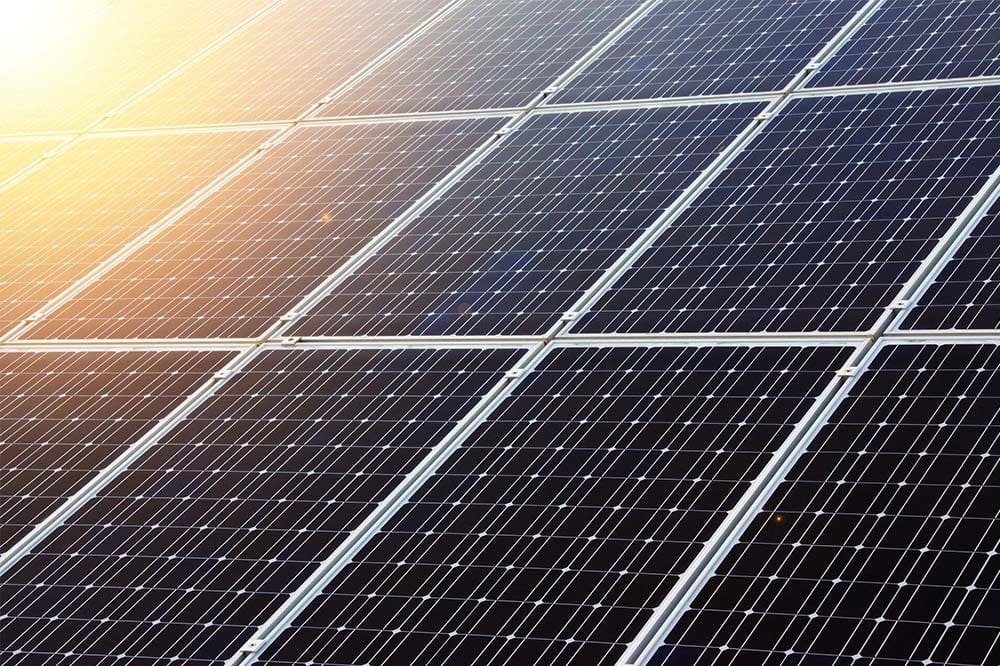Welcome to a comprehensive guide on solar panel efficiency! In this article, you will learn all the essential information about solar panel efficiency, including why it matters, how it is measured, and factors that can impact it. By the end of this read, you will have a better understanding of how to evaluate and optimize the efficiency of your solar panel system. So, let’s dive in and shed some light on this important aspect of solar energy technology!
What You Need to Know About Solar Panel Efficiency
Have you been considering investing in solar panels for your home or business, but aren’t quite sure where to start? One of the key factors to consider when choosing solar panels is their efficiency. Understanding solar panel efficiency can help you make an informed decision and get the most out of your investment. In this article, we’ll break down everything you need to know about solar panel efficiency, from what it means to how it impacts the performance of your solar panels.
What is Solar Panel Efficiency?
When we talk about solar panel efficiency, we’re referring to how well a solar panel can convert sunlight into usable electricity. The efficiency of a solar panel is typically expressed as a percentage, representing the amount of sunlight that is converted into electricity.
Why is Solar Panel Efficiency Important?
Solar panel efficiency is important because it directly impacts the amount of electricity your solar panels can produce. Higher efficiency solar panels will generate more electricity from the same amount of sunlight compared to lower efficiency panels. This means that with more efficient solar panels, you can generate more electricity and potentially save more on your energy bills.
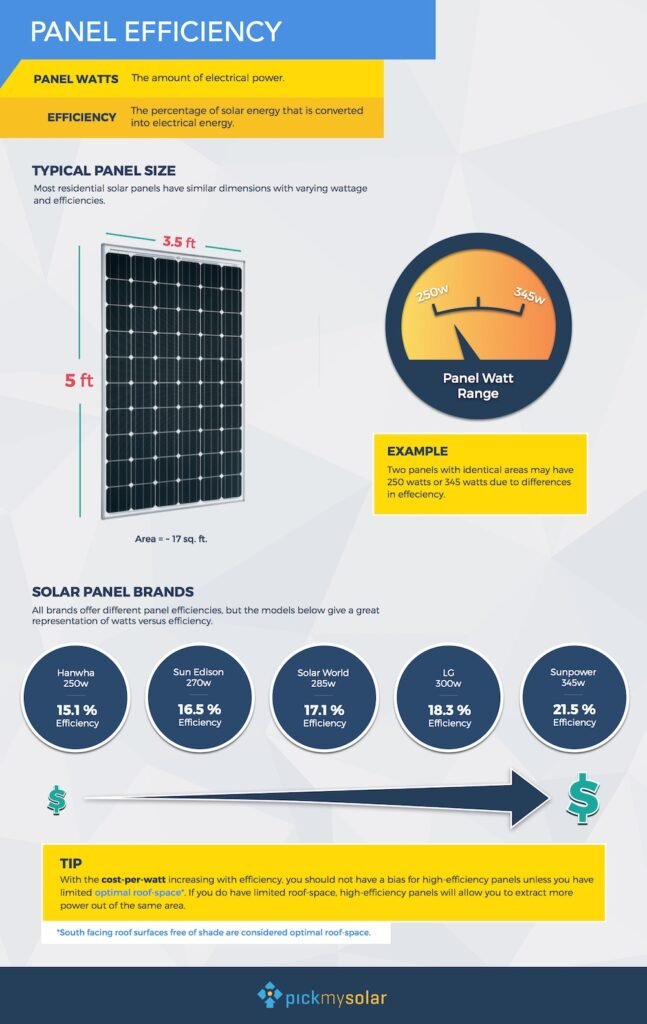
How is Solar Panel Efficiency Measured?
Solar panel efficiency is measured by the percentage of sunlight that is converted into electricity. This measurement is known as the solar panel’s efficiency rating. The efficiency rating is typically displayed on the solar panel’s datasheet or product specifications.
What is a Good Solar Panel Efficiency Rating?
A good solar panel efficiency rating can vary depending on the type of solar panel and its intended use. Generally, residential solar panels have efficiency ratings ranging from 15% to 22%, with some high-end panels reaching efficiency levels of 23% or higher. Commercial solar panels may have slightly higher efficiency ratings, often falling between 18% to 24%.
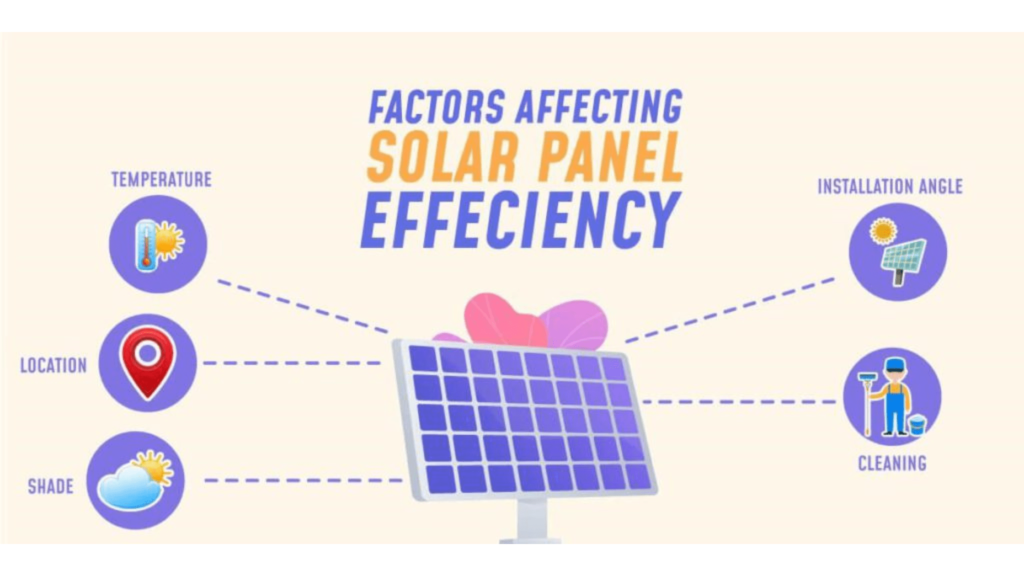
Factors Affecting Solar Panel Efficiency
Several factors can impact the efficiency of a solar panel, influencing how well it can convert sunlight into electricity. Understanding these factors can help you assess the efficiency of different solar panels and choose the best option for your needs.
1. Type of Solar Cell
Different types of solar cells, such as monocrystalline, polycrystalline, and thin-film, have varying levels of efficiency. Monocrystalline solar cells are known for their high efficiency rates, typically ranging from 15% to 22%. Polycrystalline solar cells are slightly less efficient, falling between 13% to 18%. Thin-film solar cells have the lowest efficiency levels, often ranging from 7% to 13%.
2. Temperature
Solar panel efficiency decreases as temperature rises. This is because solar panels operate more efficiently in cooler temperatures. When exposed to high temperatures, solar panels may not be able to convert sunlight into electricity as effectively, leading to a decrease in overall efficiency.
3. Sunlight Intensity
The intensity of sunlight can also impact solar panel efficiency. Higher sunlight intensity can increase the amount of energy that solar panels can generate, leading to a higher efficiency rating. However, factors such as cloud cover, shading, and the angle of sunlight can all affect sunlight intensity and, consequently, solar panel efficiency.
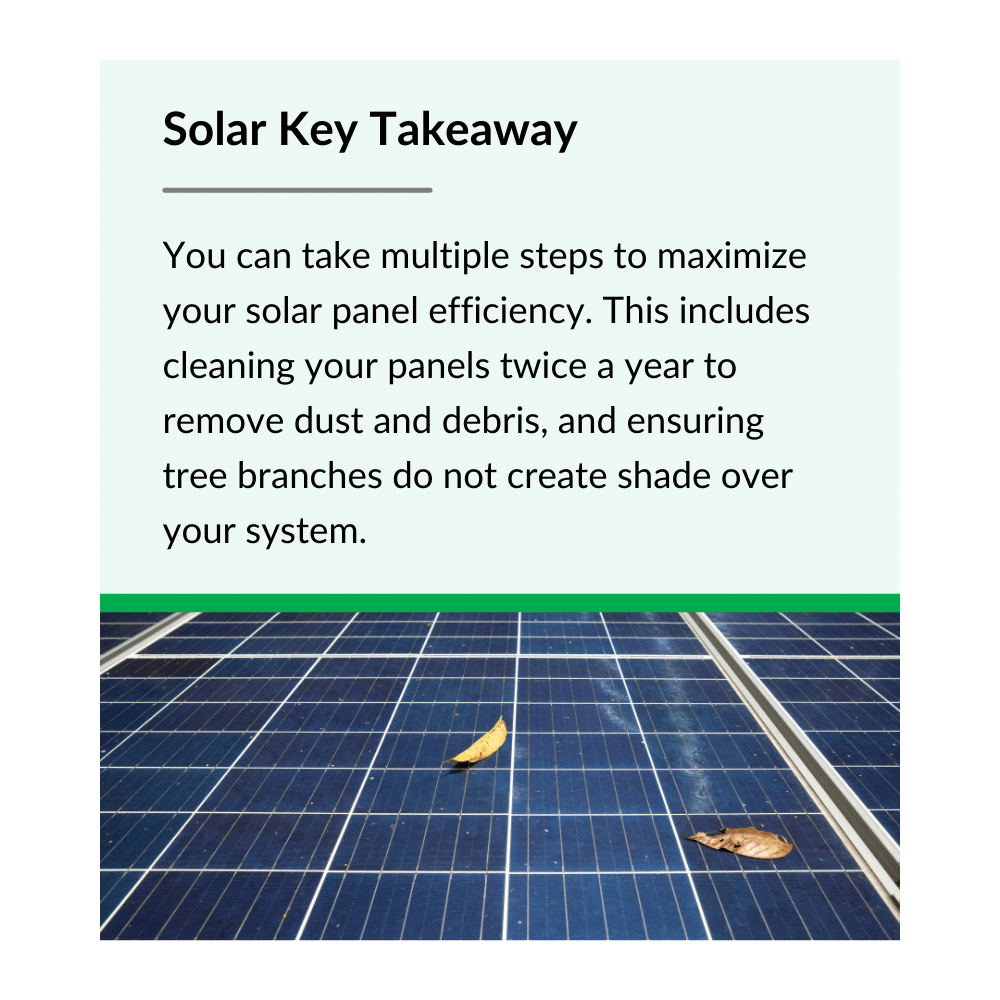
How to Maximize Solar Panel Efficiency
While solar panel efficiency is influenced by various factors, there are steps you can take to maximize the efficiency of your solar panels and get the most out of your investment.
1. Optimal Placement
Proper placement of solar panels is crucial for maximizing efficiency. Ideally, solar panels should be installed in a location that receives ample sunlight throughout the day, with minimal shading from trees, buildings, or other obstructions. Additionally, the angle at which solar panels are tilted can impact their efficiency, with the optimal angle varying depending on your location.
2. Regular Maintenance
Regular maintenance of your solar panels can help ensure that they operate at peak efficiency. Cleaning your solar panels periodically to remove dirt, dust, or debris can prevent them from blocking sunlight and affecting efficiency. Additionally, inspecting your panels for any damage or wear and tear can help identify issues early and prevent efficiency losses.
3. Invest in High-Quality Solar Panels
Investing in high-quality solar panels with higher efficiency ratings can also help maximize the performance of your solar energy system. While high-efficiency panels may come at a higher initial cost, they can generate more electricity and yield greater long-term savings on your energy bills.
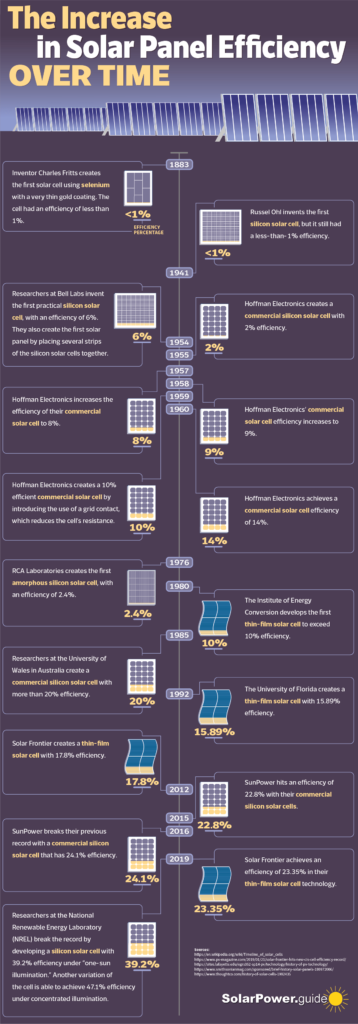
Conclusion
In conclusion, understanding solar panel efficiency is essential for making informed decisions when choosing solar panels for your home or business. By considering factors such as solar panel type, efficiency rating, and influencing factors, you can select solar panels that will maximize energy production and savings. Remember to take steps to optimize solar panel efficiency, such as proper placement, regular maintenance, and investing in high-quality panels, to get the most out of your solar energy system. With this knowledge in hand, you can harness the power of the sun and enjoy the benefits of clean, renewable energy for years to come.
